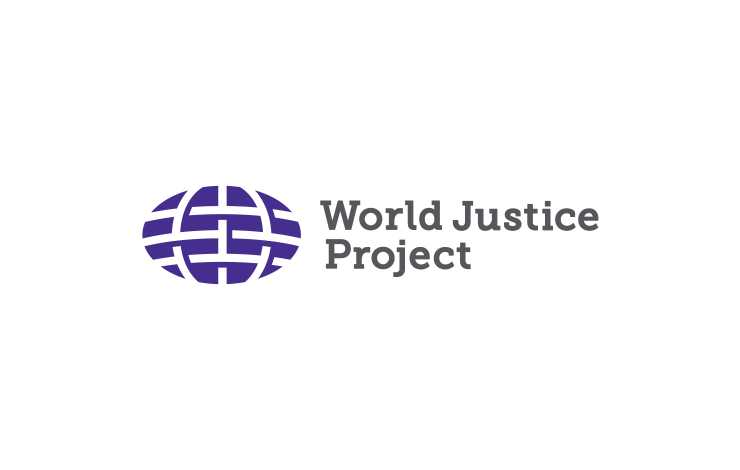This session explored ways to advance the collection, analysis and programmatic use of people-centered data, indicators, and measurement tools that capture the legal needs and paths to justice of citizens and businesses. The session discussed strategies to produce accurate diagnostics of the challenges and opportunities around effective access to justice, and helped identify issues that could be addressed by public policies. To this end, the session drew on the experiences of various countries to illustrate opportunities, challenges, and lessons learned arising from the implementation of legal needs surveys, use of administrative case data and other data collection exercises, and featured various resources including the newly released Organization for Economic Cooperation and Development and Open Society Justice publication Legal Needs Surveys and Access to Justice. Key recommendations include:
- Frame data collected by the government as a public good that should be used by academia and civil society, and involve civil society in the development of survey instruments and tabulation plans. This ensures that government data does not lose its edge as a tool for advocacy and activism.
- Focus on measuring justice dispensed outside of courtrooms. We know that only 5-10% of people’s legal problems end up in courts.
- Use the OECD and OSJI methodological guidance on legal needs surveys and forthcoming Praia City Handbook as tools for your efforts to design measurement tools on access to civil justice.
- Stay tuned regarding a proposed indicator on civil justice for SDG target 16.3.
Read the full summary for this working session.
Additional Resources:






